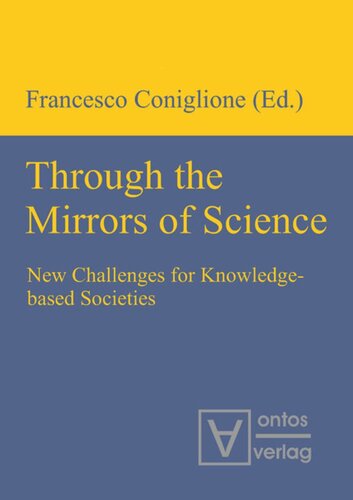

Most ebook files are in PDF format, so you can easily read them using various software such as Foxit Reader or directly on the Google Chrome browser.
Some ebook files are released by publishers in other formats such as .awz, .mobi, .epub, .fb2, etc. You may need to install specific software to read these formats on mobile/PC, such as Calibre.
Please read the tutorial at this link: https://ebookbell.com/faq
We offer FREE conversion to the popular formats you request; however, this may take some time. Therefore, right after payment, please email us, and we will try to provide the service as quickly as possible.
For some exceptional file formats or broken links (if any), please refrain from opening any disputes. Instead, email us first, and we will try to assist within a maximum of 6 hours.
EbookBell Team

4.7
106 reviewsIs the objective that the European Union set itself in 2000, that is, to be «the most competitive knowledge-based society and economy» by 2010 still realistic? The momentous year has arrived, but it is discouraging to note that very few steps have been made in the direction that was fixed. What has gone wrong? Were the philosophical, epistemological and economic conditions adequate to achieve the desired result? This book – the result of a research project commissioned by the European Commission – critically investigates the society of knowledge and the way in which the European Union has proceeded towards it, examining first of all the premises and the contributions that the disciplines of Science and Technological Studies can provide. In this way, we have proposed innovative theoretical and epistemological bases for a multidisciplinary approach – making use of the Modelling Approach to Science – and therefore insisting on the function that human sciences can have for a society of knowledge that hinges not so much on an industrialist scenario, but a humanist one that eschews hyper-specialization and instead privileges creativity, flexibility, imagination and innovation economy.